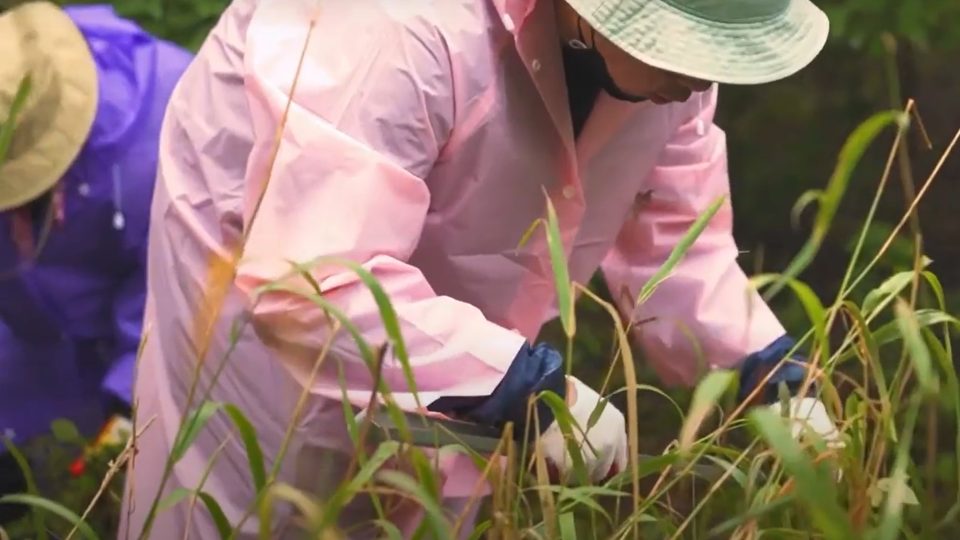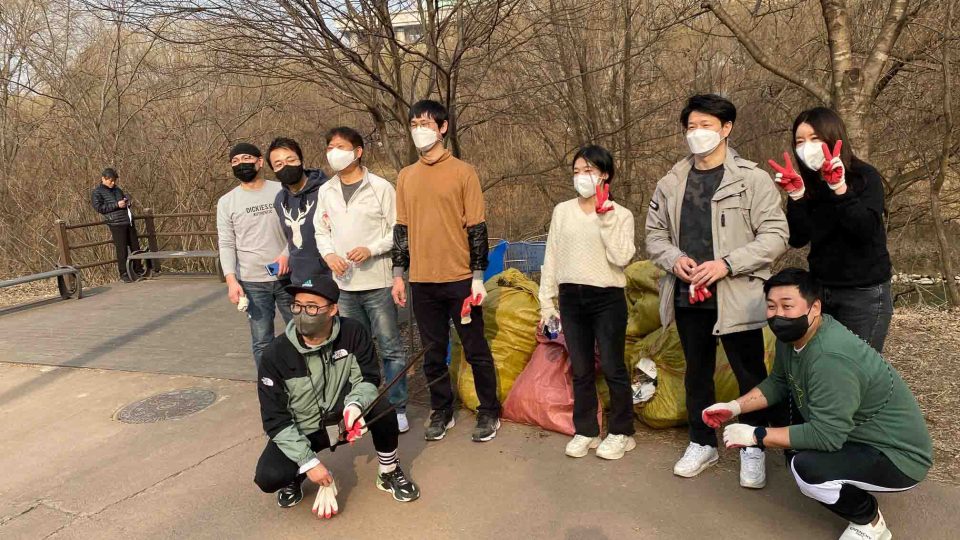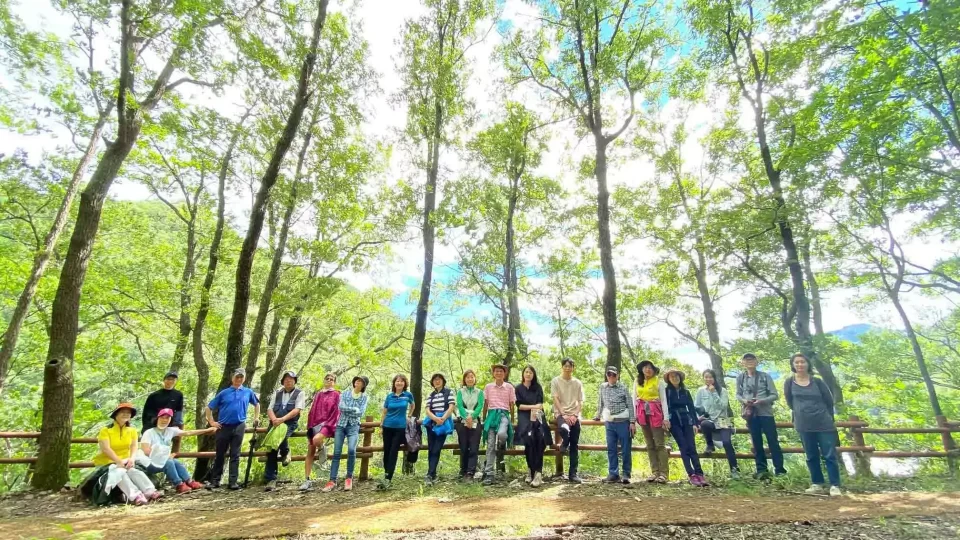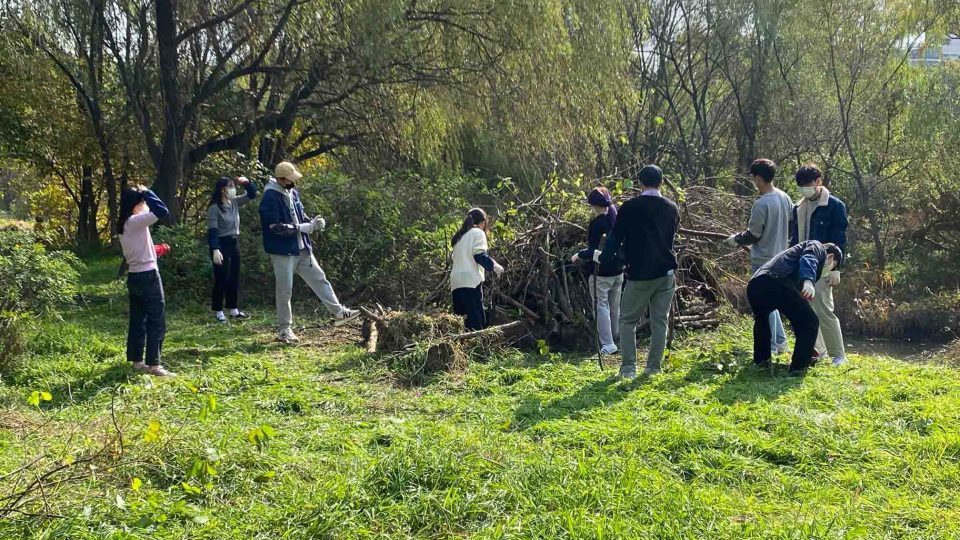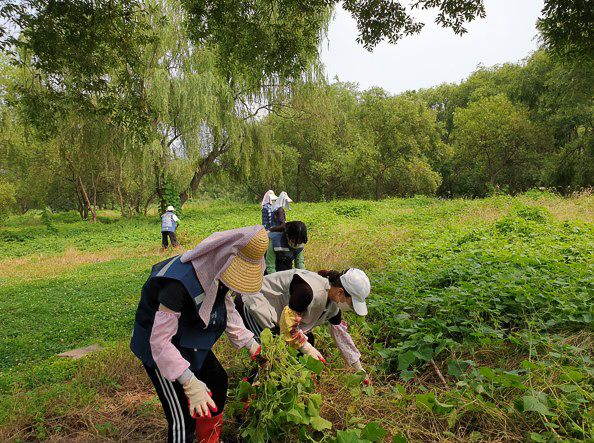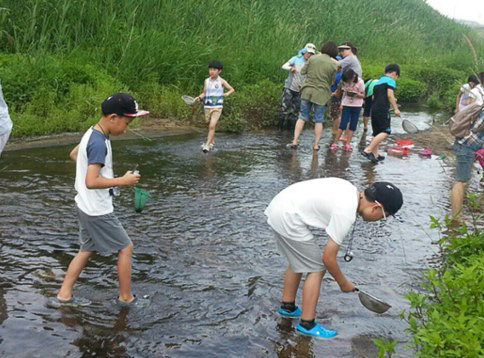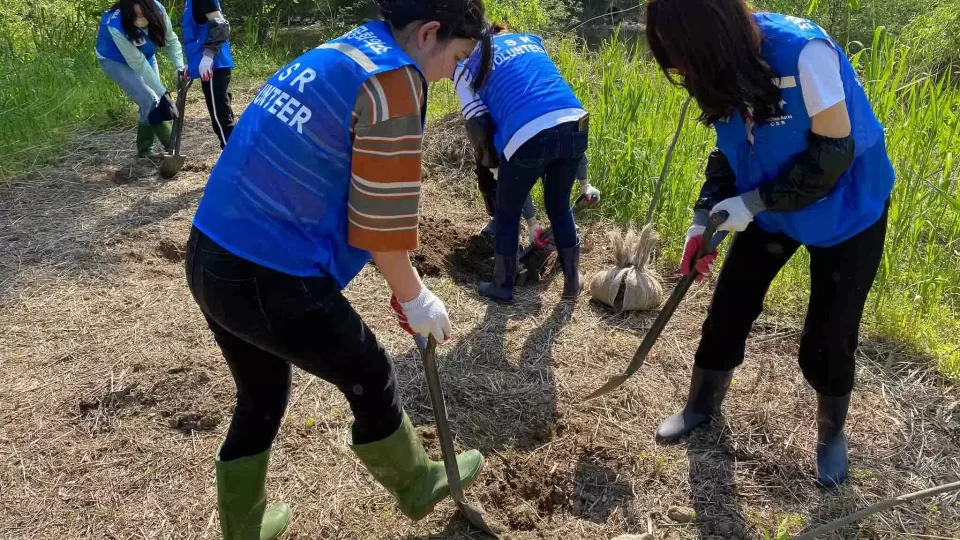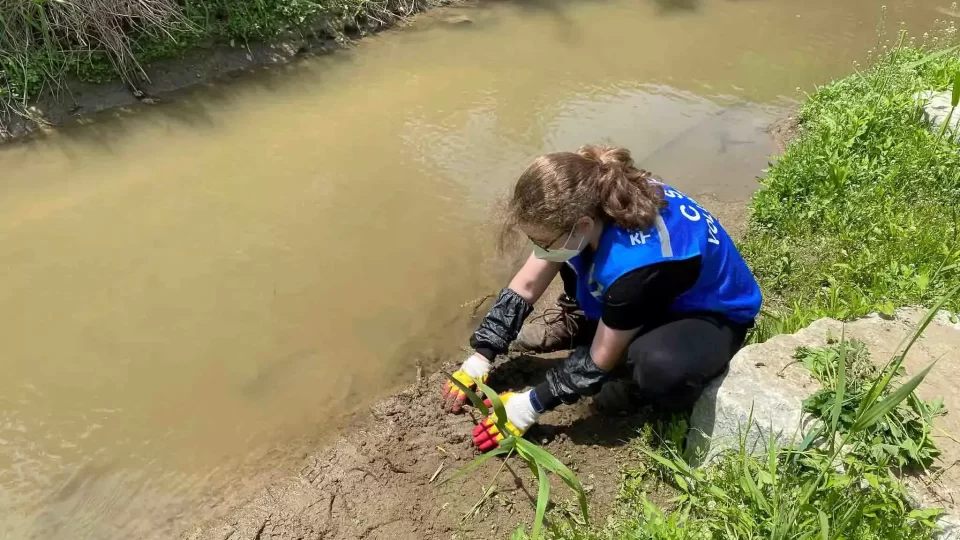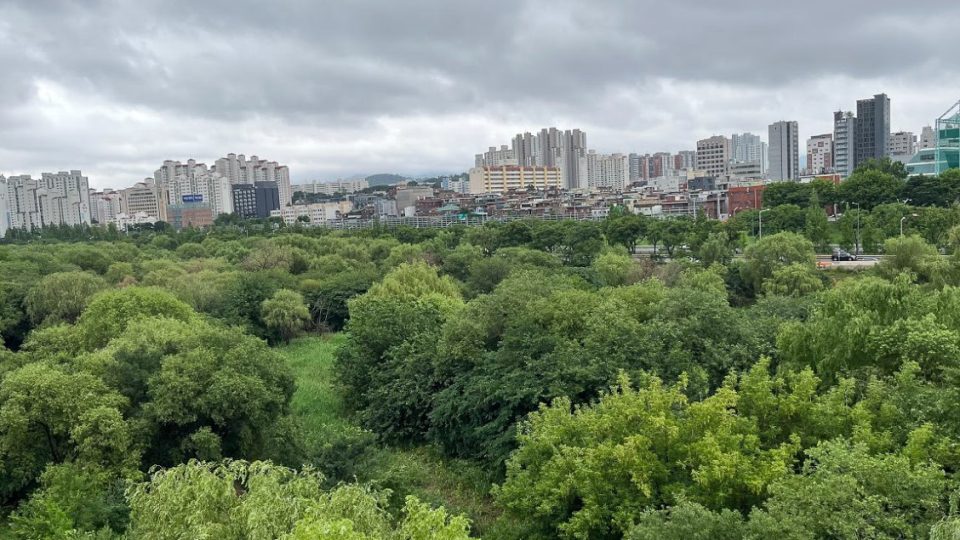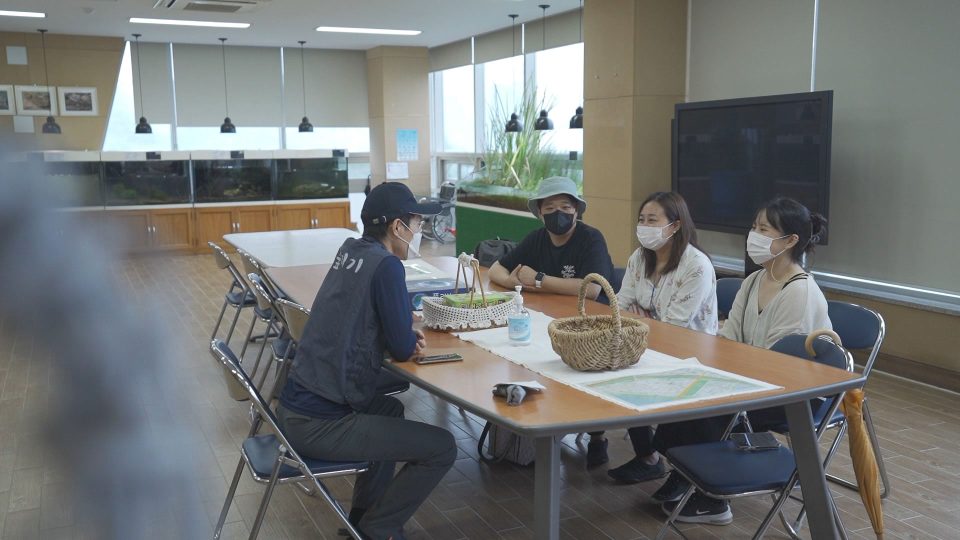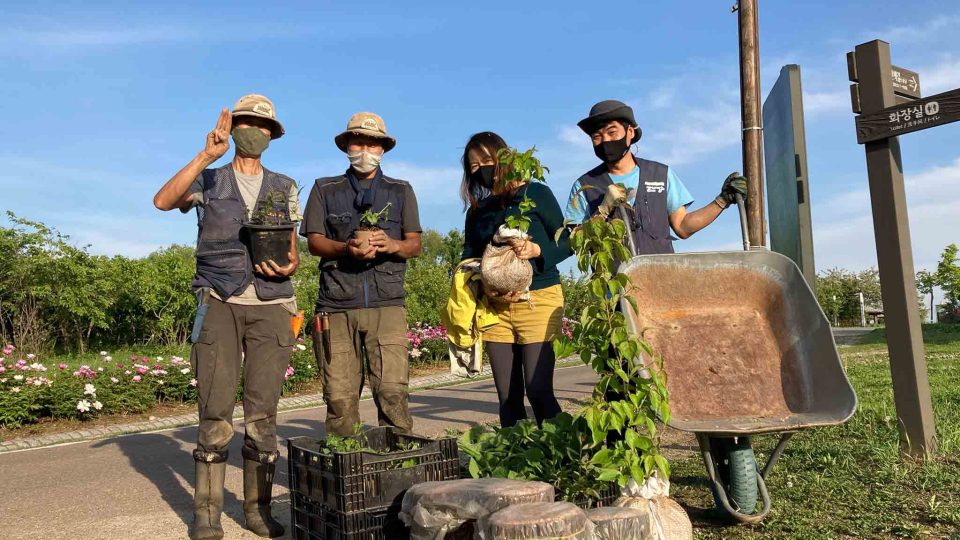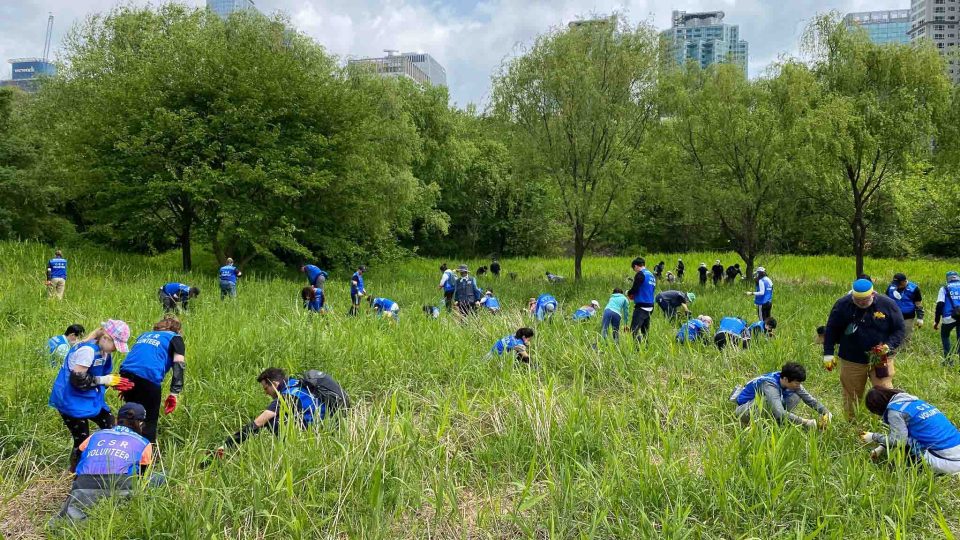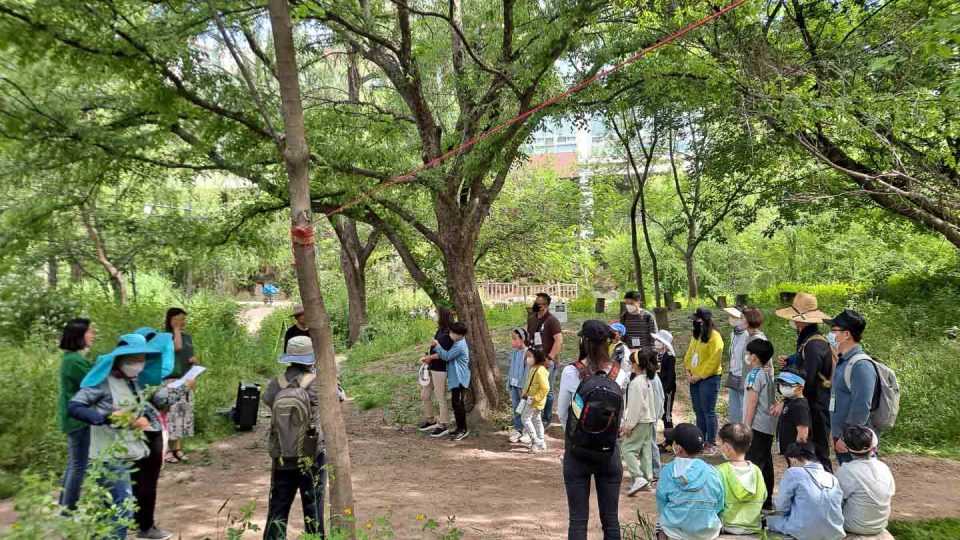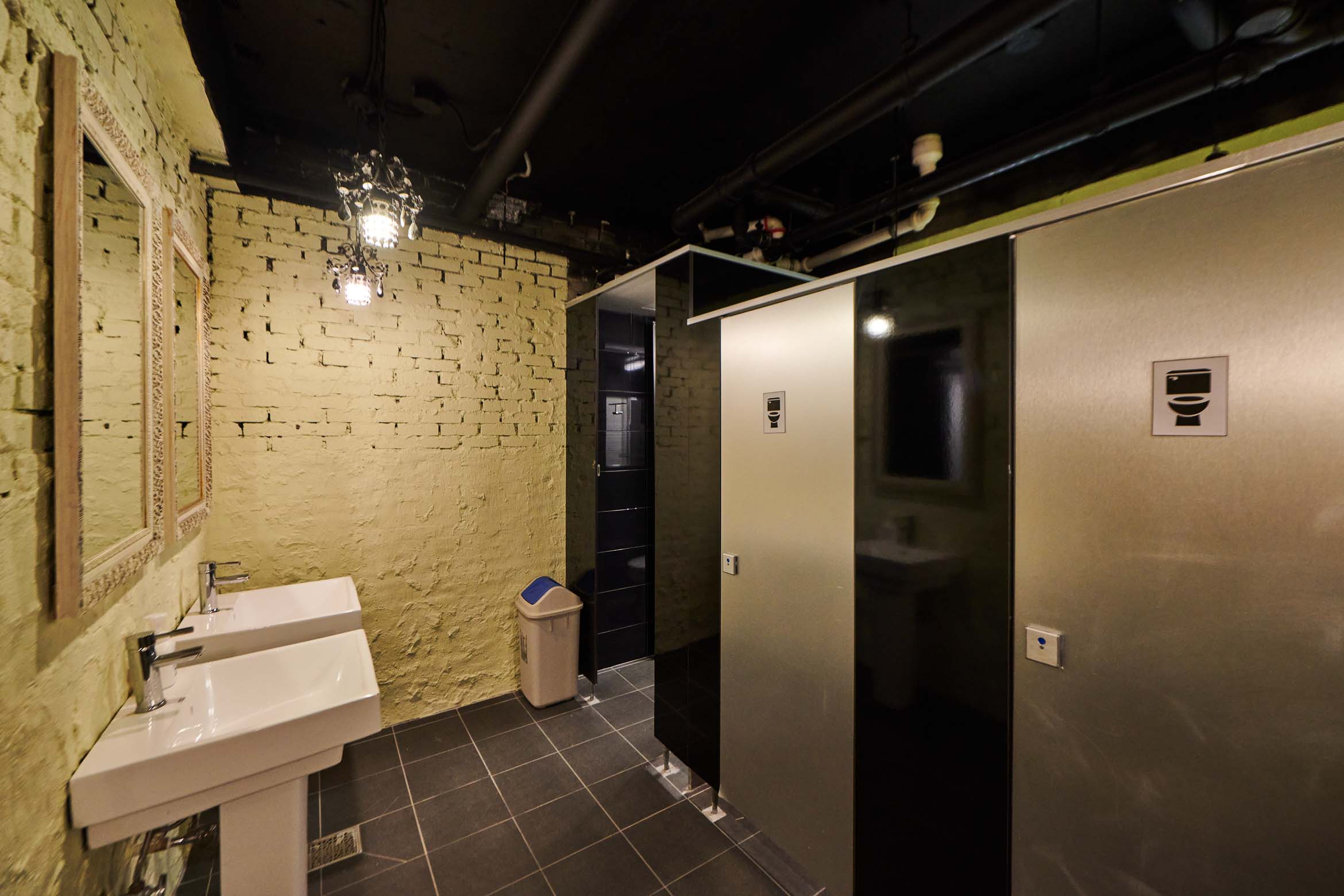WHY we need you in South Korea
- The relative poverty rate South Korea in 2021 was 15.1%
- Financial difficulties is a leading cause of homelessness in South Korea
- House prices are high, making buying a home or even renting unaffordable, as well as inadequate housing
- Animal abandonment rose to 130,401 in 2020 from 89,732 cases in 2016
- A 2019 report by Ipsos, stated air pollution was the leading environmental concern in South Korea, at 70%, followed by waste at 51%
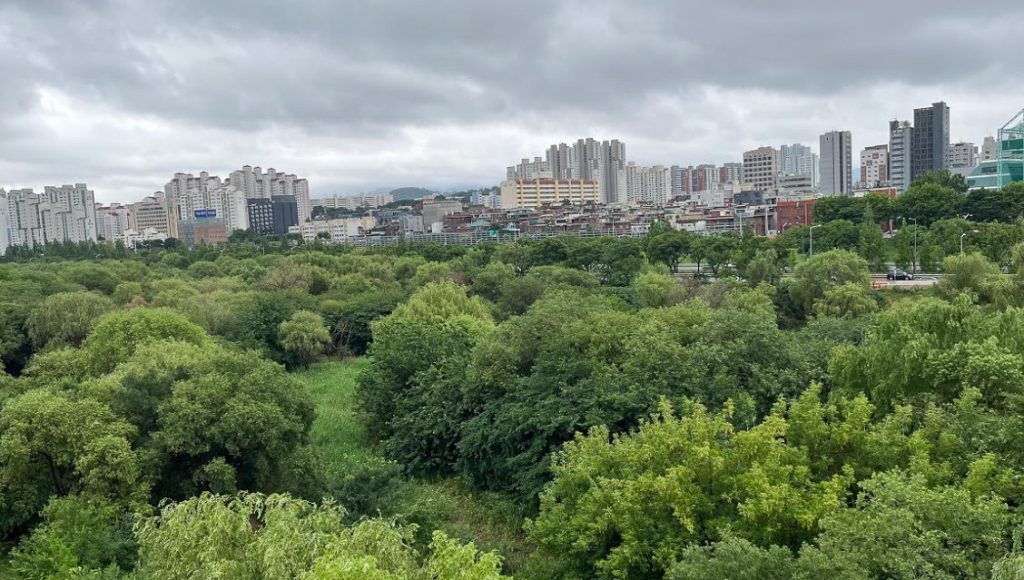
HOW can you help?
- Help recover the ecology and environment
- Learn about the local environment
- Assist local staff in all areas of the program
- Contribute to improving local surroundings
WHAT can you do?
- Plant trees and scrubs in the park
- Build fences and other structures
- Monitor the local wildlife in the park
- Build animal pathways and bird nests
- Help to feed to wild animals
Why Involvement Volunteers International?
- Non Profit Org & Charity with 35+ Years Experience
- Meaningful & Community-Based Projects
- Social Experiences - Sharing with International Volunteers
- Excellent Safety Record, In-Country 24/7 Support & Emergency Assistance
- 1 Application Fee - Multiple Countries
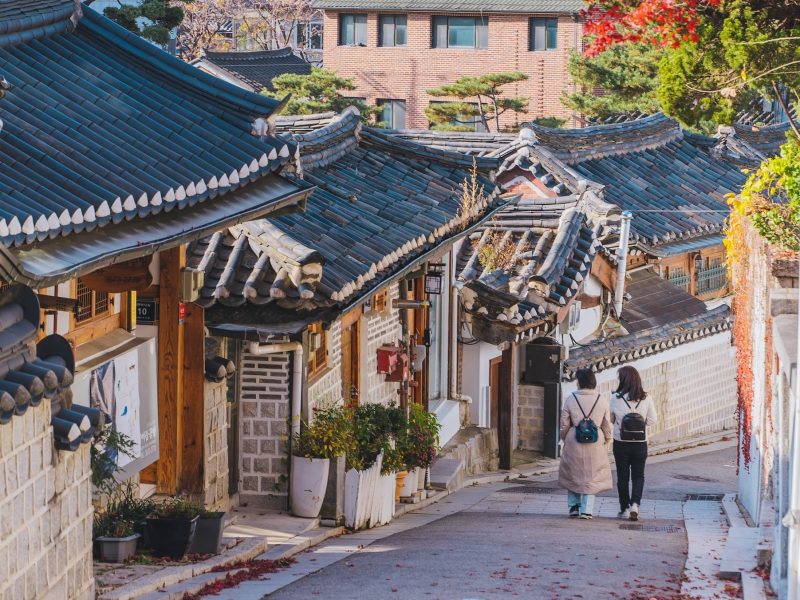
PROJECT NAME: ECOLOGICAL PARK CONSERVATION
LOCATION: SEOUL, SOUTH KOREA
START DATES: WEEKLY (SAT/SUN ARRIVALS)
ACCOMMODATION: VOLUNTEER HOUSE
MIN DURATION: ONE WEEK
MIN AGE: 16+
SPECIAL REQUIREMENTS: Groups of 10+, Criminal background check required
Overview
The Han River is crucial for the livelihood of Seoul citizens; however, it has suffered from pollution and exploitation due to the city’s development since the 1980s. As a result, rehabilitation of the river ecosystem and cultural activities have been ongoing.
The volunteering program takes place in Yeouido Saetgang Ecological Park, which was established in 1997 as Korea’s first-ever Ecological Park. The park is intended to preserve natural habitats and the environment, and people are encouraged to maintain a certain distance from nature. Saetgang is a stream of the Han River that reaches all the way to the West Sea, with a diverse landscape of willow, oak, elm, and mulberry trees, as well as herbivores such as reeds and moonroot grass.
As a volunteer, you may be asked to plant trees, monitor wetland environments, build eco-friendly fences and animal pathways, construct bird nests, and feed wild animals, among other tasks. The work varies from day to day, depending on weather conditions and the priority set by the Eco Park managers. On a fortunate day, you may even spot cute creatures like otters and ducks by the riverbank.
Location
Seoul, the capital of South Korea, is a bustling and dynamic metropolis that seamlessly blends modernity with traditional Korean culture. With a population of over 10 million people, Seoul is a vibrant and exciting city that offers endless opportunities for exploration and adventure. Visitors can experience traditional Korean culture by visiting the city’s many historic temples, palaces, and markets, or they can indulge in the city’s vibrant nightlife scene by visiting its many bars, nightclubs, and restaurants. Seoul is also known for its innovative technology, fashion, and music industries, making it a hub of creativity and innovation.
Project Tasks
- Help recover the ecology and environment
- Learn about Han river and its meaning to Koreans
- Plant trees, build fences and monitor wildlife
Food & Accommodation
Situated in the lively and youthful heart of Hongdae, Seoul, our accommodation stands out as a modern temple and guesthouse, offering an exceptional Temple stay experience. Set in Seoul’s most vibrant district, our unique establishment perfectly balances Buddhist serenity with urban excitement. Guests benefit from close proximity to various amenities, including convenience stores, markets, department stores, and easy access to the airport and downtown areas via public transportation.
Rooms are in dorms of the same gender, with 4-6 people per room. There is air-con, heating, hot showers, wifi, and laundry facilities at ad additional cost. For an enhanced experience, we also offer morning meditation sessions, allowing guests to begin their day with mindfulness and tranquillity.
The accommodation is located near the subway station and is walking distance to shops, mini-mart, ATM, supermarket, local restaurants, and coffee shops. There are many taxis around so you can easily catch one from the main road to reach your destination of choice in the city’s centre. There are nice local cafés, convenience stores, supermarkets, pharmacies and restaurants nearby.
You will have 2 meals a day (breakfast and lunch). For dinner, there is a never ending choice of delicious places to eat in Seoul! We take pride in offering breakfast options that cater to all preferences, ranging from traditional Korean temple-style (vegetarian) meals to familiar Western-style dishes.
Please inform us of any allergies you may have or any dietary requirements, so that the team leaders and coordinators are prepared and special arrangements can be made for you.
-
1 Week - $720
-
2 Weeks - $1440
-
3 Weeks - $2160
-
1 Month - $2880
-
2 Months - $5760
-
3 Months - $8640
What's Included
-
Accommodation
-
Meals
-
Airport Pickup
-
Local Transportation
-
1 Day Orientation
-
24/7 In-Country Support
-
Project Materials & Equipment
-
Pre-departure Expert Advice
-
Preperation Tools & Checklists
-
Certificate of Completion
- Application fee is one off per person (unlimited placements)
- Click Here to convert the below prices to your local currency
- Discounts may apply if travelling in a pair or group!
- All credit card /international fees included in below pricing! 🙂
FAQ
This program would suit those who love working outdoors, don’t mind getting a little dirty, and who ve a passion for natural habitiats. This is a rewarding and impactful program, improving the lives of the local people and wildlife, whilst helping issues such as climate change and pollution.
- Accommodation
- 2 meals p/day
- Arrival airport transfer (Sat/Sun arrivals)
- Filtered drinking water, coffee & tea
- 1 day orientation
- Daily transportation to project
- In country 24/7 support & emergency assistance
- Fundraising support
- University course credits (where applicable)
- Certificate of Completion
- Airfares
- Travel Insurance
- Tours, Souvenirs & spending money
At this location there is 1 mandatory orientation day offered. On the Monday of your first week at this location, you will join our orientation day, to familiarize you with the surroundings as well as local culture. Your program will continue as usual from Tuesday onward throughout the rest of the week.
Schedule
- Breakfast
- Introduction meeting, House rules, Setting Expectations, Health and Safety Advice, handling of documents
- Signing up of relevant documents.
- South Korea Do’s and Don’ts, Dress Codes and Basic Culture Lessons
- Seoul City Tour
- Dinner
Programs begin every Monday, and volunteers are required to arrive the day prior, for orientation before the project. Your accommodation on the Sunday is included in the program fees.
Schedule
Sunday
Arrive at Incheon International Airport
Check-in at the Accommodation
Free time
Dinner
Monday (Mandatory Orientation Day)
Breakfast at the accommodation (9am)
Orientation (10am)
Lunch (12pm)
Seoul City tour (3pm)
Dinner (7pm)
Tuesday ~ Friday
Breakfast (9am)
Lunch (12pm)
Volunteer at Eco Park (2pm – 5pm)
Dinner (6pm)
Weekends
Free time
***This schedule can be changed and/or amended depending on weather conditions, local conditions and unforeseen circumstances.***
Visit Gyeongbokgung Palace in Seoul
This historic palace was built in the 14th century and showcases traditional Korean architecture and culture. Visitors can watch the changing of the guard ceremony, explore the palace grounds and museums, and even rent traditional Korean costumes to wear while touring.
Hike in Seoraksan National Park
Located in the eastern part of the country, this park is famous for its stunning mountain scenery, including the highest peak in the Taebaek mountain range. Hiking trails range from easy to challenging, and visitors can also enjoy hot springs, temples, and scenic waterfalls.
Explore Jeju Island
This volcanic island off the southern coast of the Korean peninsula is a popular destination for its unique natural beauty and cultural attractions. Visitors can hike up Hallasan Mountain, explore lava caves, relax on the beach, and visit museums showcasing the island’s history and culture.
Experience the nightlife in Hongdae
This trendy neighborhood in Seoul is known for its lively nightlife, street performances, and music venues. Visitors can enjoy shopping, dining, and bar-hopping in the area, and catch performances by local indie musicians and street artists.
Attend a traditional Korean festival
South Korea is home to a variety of traditional festivals throughout the year, showcasing the country’s culture, history, and heritage. Festivals such as the Boryeong Mud Festival, the Andong Mask Dance Festival, and the Jinju Lantern Festival offer a unique and immersive experience for visitors.
Visit the DMZ
The Demilitarized Zone (DMZ) is a buffer zone between North and South Korea that has become a popular tourist destination. Visitors can take a guided tour to see the Joint Security Area, the Third Tunnel, and other sites that offer a glimpse into the country’s tense history.
Shop at Myeong-dong
This bustling shopping district in Seoul is a must-visit for fashion and beauty enthusiasts. It’s home to a wide range of shops, from high-end luxury brands to street vendors selling trendy accessories and cosmetics.
Visit the Jeonju Hanok Village
This historic village in the southwestern part of the country offers a glimpse into traditional Korean architecture and culture. Visitors can walk through the winding alleys lined with traditional houses, enjoy local cuisine, and participate in cultural activities such as making traditional crafts.
Additional Requirements
The following are further necessary in order for both the participants, local staff and everyones involved to have a meaningful, enjoyable and safe community program.
- Older participants or over 65 years are required to have a medical clearance as proof of their physical fitness as they may perform various activities.
- Participants below 18 years old need a signed parental consent as proof of involvement of their children for the program. If possible, accompaniment by an adult is highly advised.
- Have a genuine interest and passion for making change in the benefits of environmental conservation.
- Due to the length and active nature of this program and as there are lots of planting and coastal cleaning activities under the heat of the sun, a decent level of fitness is required.
Additional Equipment
Personal belongings:
- Comfortable clothes that you do not mind getting wet or dirty.
- Comfortable and sturdy shoes as there are lots of activities taken by foot such as planting activities.
- Bring Personal toiletries such as basic soap, shampoo, toothpaste and towels.
- Bring also hats, sunglasses to protect from the heat of the sun particularly during the mangrove and planting activities.
- An environmentally friendly sunscreen or lotion is also advised to protect you from the heat of the sun and please carry with you preventive agents during outdoor activities, such as mosquito repellents for insect bites or other insects that may irritate your skin.
- Moreover, bring Medicines with you especially if you have to take specific medicines on a regular basis as well as other medicines for headaches and stomach aches.
- Refillable water bottles and hydration packs to stay hydrated throughout the day particularly during mangrove and planting activities.
Dress Code:
- Personal Appearance. You may wish to bring a range of options from casual to business casual, similar to what you might wear at home. There is no strict restriction on the clothes you choose to wear in your free time, but please make sure you pack work clothes for the following placement.
- Cover up as much as possible in the spirit of the local culture to avoid embarrassment.
- Your clothes must not be too short, too tight, or too revealing. Kindly make sure your shoulders and legs are covered.
- It is completely fine to wear western clothes as long as they fit the local standards.
- Be thoughtful of the graphics, symbols or text printed on your clothing and avoid wearing clothing styles that might be inappropriate especially when visiting Royal Palace and Temples in your free time.
For information on holidays and any programs affected, please see the following link: KR – Holidays – All Programs
South Korea is a country located in East Asia, known for its vibrant culture, stunning natural scenery, and modern infrastructure. With a population of over 51 million people, it is a highly developed and prosperous nation that has made significant contributions to global industries such as technology, entertainment, and automotive manufacturing. South Korea is also home to a rich cultural heritage, with ancient temples, palaces, and museums showcasing the country’s fascinating history and traditions. Overall, South Korea is a dynamic and exciting country that combines traditional values with modern innovations, offering a unique and multifaceted experience for visitors and residents alike.
The climate in South Korea varies depending on the region and time of year. Generally, South Korea has a temperate climate with four distinct seasons. Summers are hot and humid, with temperatures averaging around 25-30°C (77-86°F) and occasional monsoon rains. Winters are cold and dry, with temperatures averaging around -5 to 5°C (23-41°F) and occasional snowfall. Spring and fall are mild and pleasant, with temperatures ranging from 10-20°C (50-68°F) and colourful foliage.
The southern regions of South Korea, such as Jeju Island and Busan, tend to have milder winters and warmer summers compared to the northern regions. The mountainous regions in the east, such as the Seoraksan National Park, experience cooler temperatures year-round and heavy snowfall during the winter months, making it a popular destination for winter sports enthusiasts. Overall, the climate in South Korea offers a variety of seasonal experiences, from cherry blossom viewing in the spring to skiing in the winter.
South Korea has a rich and unique culture that is deeply influenced by its history and geography. The country is known for its emphasis on respect for elders, social hierarchy, and a strong work ethic. This is reflected in various aspects of daily life, from the use of formal language to the importance of education and career success.
South Korea is also known for its music and entertainment industry, particularly in the K-pop genre, which has a massive following globally. The country’s cultural heritage is preserved through various traditional festivals, historical landmarks, and art forms such as traditional dance, music, and crafts.
30 Years Non Profit Experience
IVI is an Australian charity & non profit organisation founded in 1989 and is one of the pioneers of overseas volunteering successfully placing over 20,000 volunteers globally.
Affordable Volunteer Travel
We’re not motivated by shareholder profits. Our fees are fully transparent to ensure maximum benefit where it is most needed.
Safe & Responsible Projects
All projects include a dedicated 24/7 in-country management team, operational & risk assessment & overseas support contact. All projects are personally inspected to ensure very high quality.
Work Experience & University Credits
We place thousands of Uni students and can assist you with course credits and in-field experience points. Many of our project coordinators are qualified practitioners in their respective fields allowing unique in-field supervision and Uni accreditation options
Check out this amazing blog with step by step info on how to raise funds for your overseas volunteer experience to help maximize your impact abroad. Guide to Fundraising
Weekends & Extra Tours
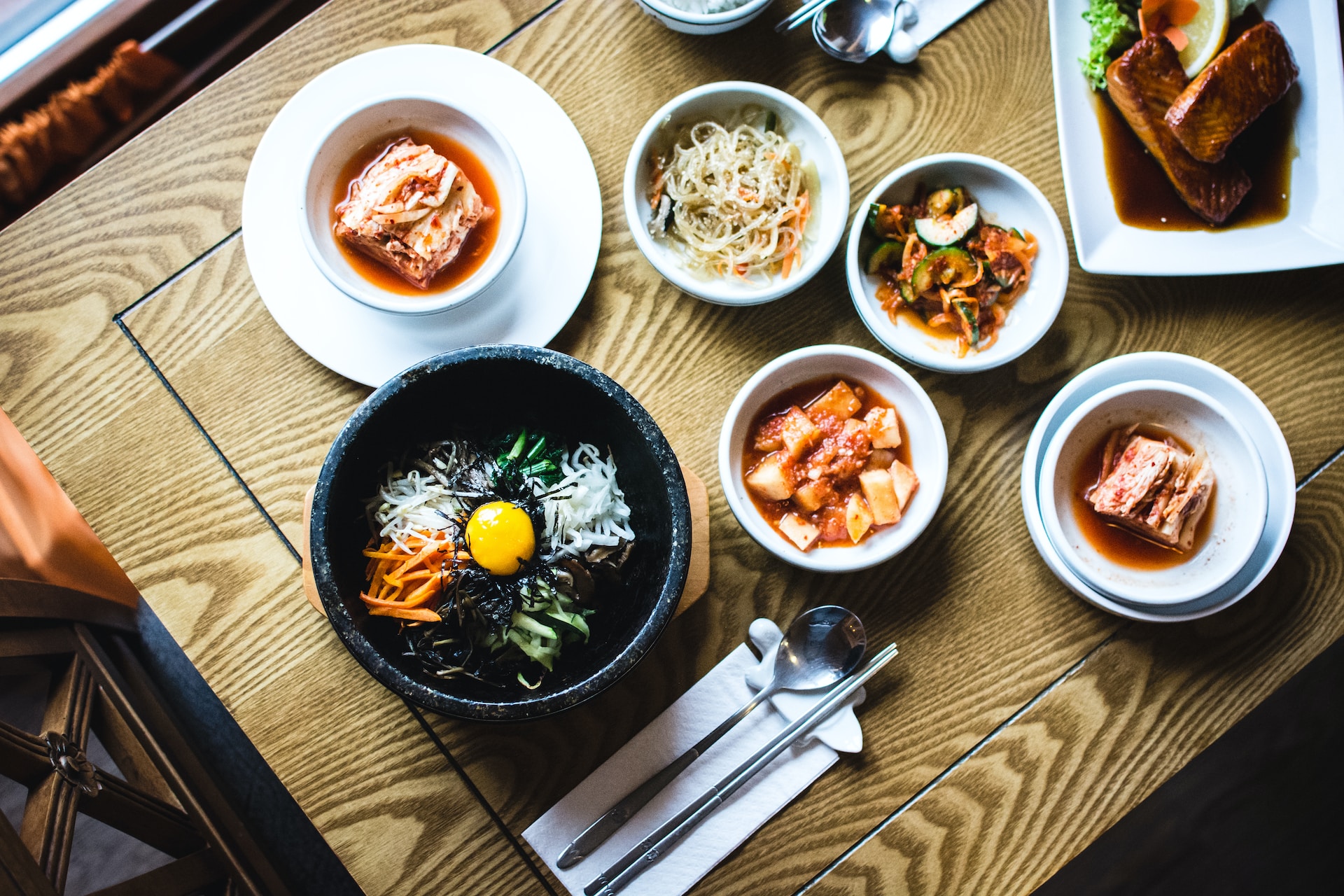
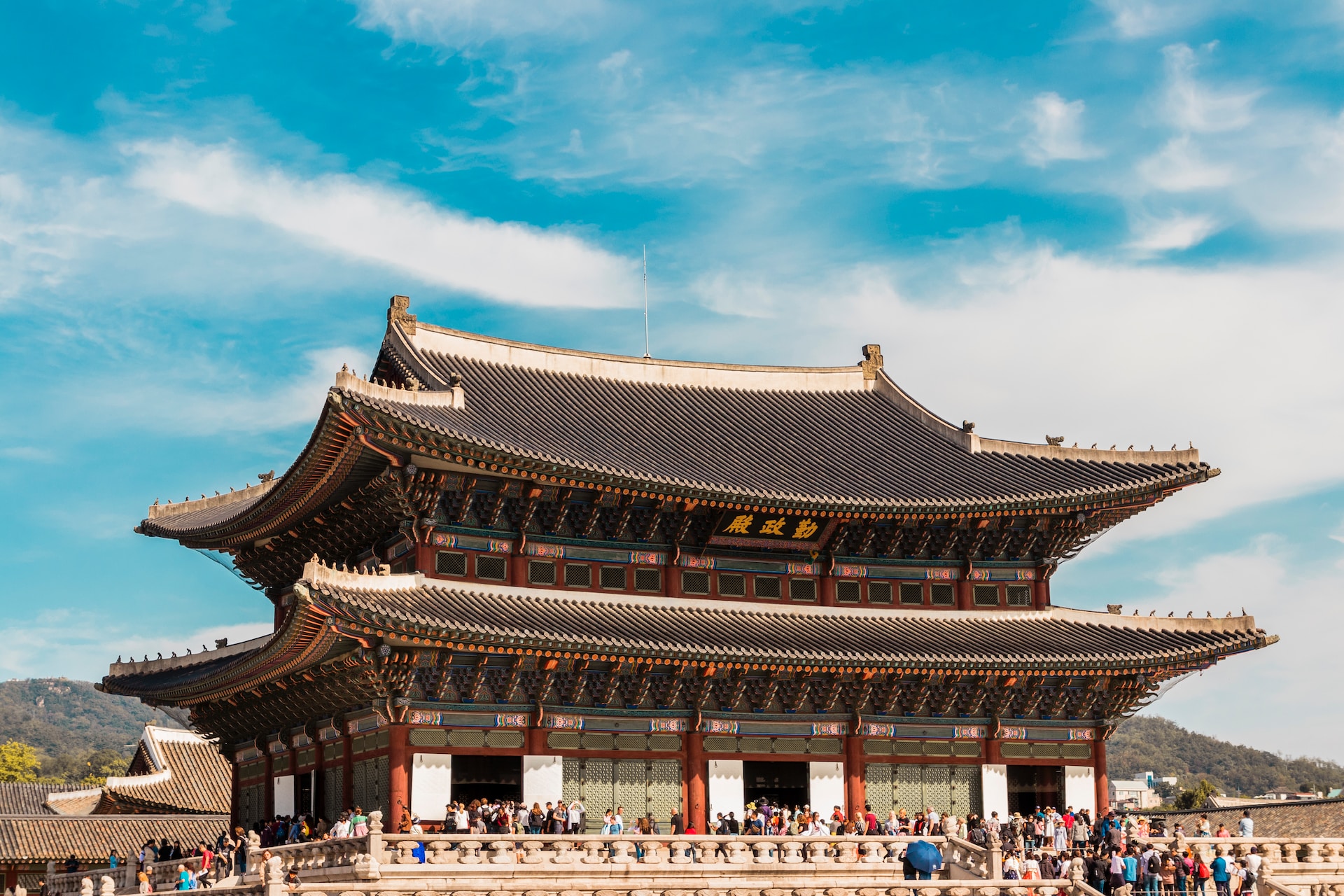

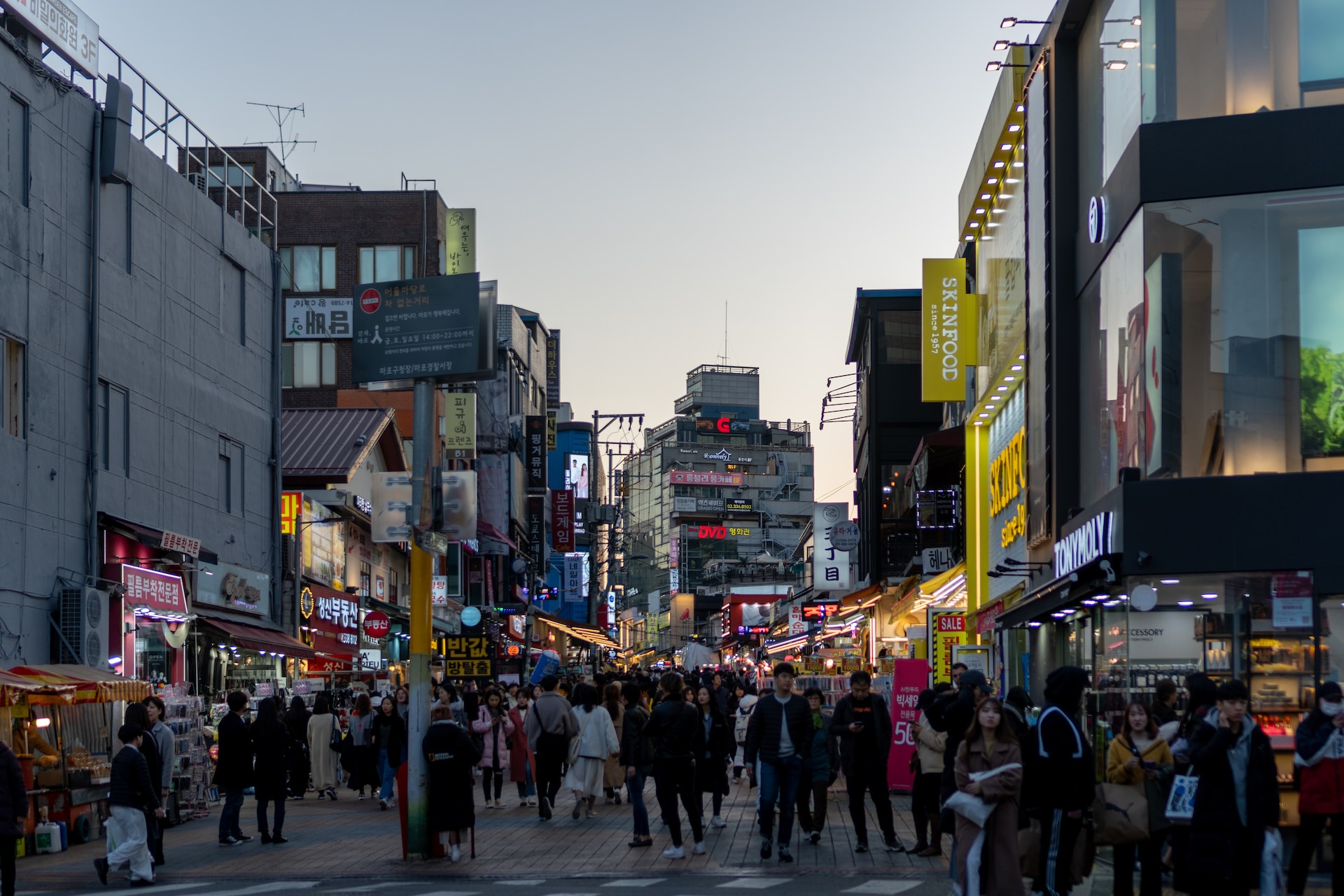
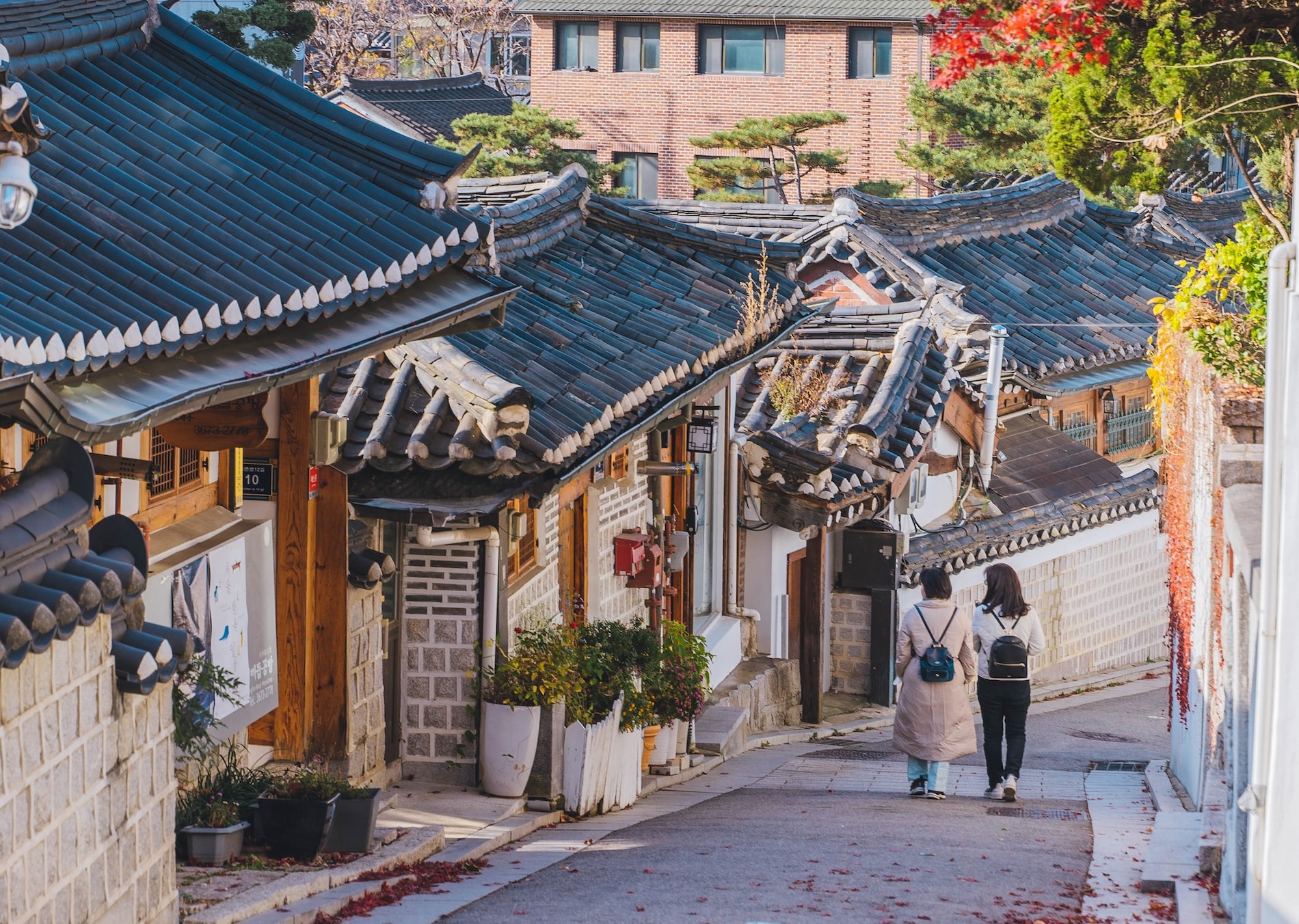
 Involvement Volunteers International
Involvement Volunteers International 